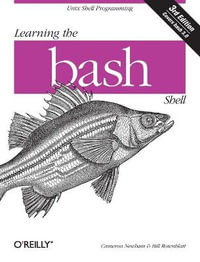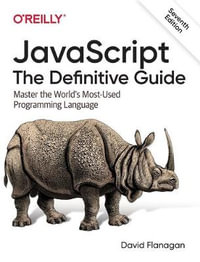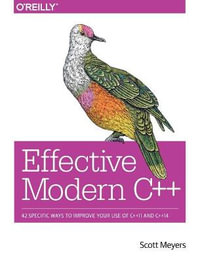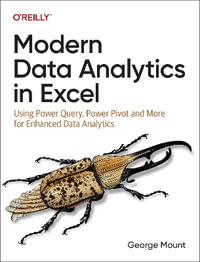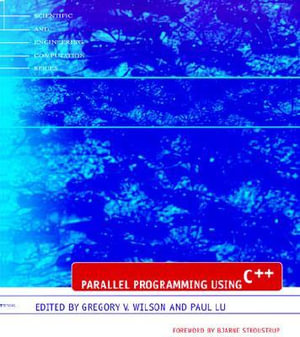
At a Glance
Paperback
RRP $135.00
$93.75
31%OFF
Aims to ship in 25 to 30 business days
When will this arrive by?
Enter delivery postcode to estimate
ISBN: 9780262731188
ISBN-10: 0262731185
Series: Scientific and Engineering Computation
Published: 8th July 1996
Format: Paperback
Language: English
Number of Pages: 794
Audience: General Adult
For Ages: 18+ years old
Publisher: RANDOM HOUSE US
Country of Publication: US
Dimensions (cm): 0.1 x 0.1 x 0.1
Shipping
| Standard Shipping | Express Shipping | |
|---|---|---|
| Metro postcodes: | $9.99 | $14.95 |
| Regional postcodes: | $9.99 | $14.95 |
| Rural postcodes: | $9.99 | $14.95 |
How to return your order
At Booktopia, we offer hassle-free returns in accordance with our returns policy. If you wish to return an item, please get in touch with Booktopia Customer Care.
Additional postage charges may be applicable.
Defective items
If there is a problem with any of the items received for your order then the Booktopia Customer Care team is ready to assist you.
For more info please visit our Help Centre.
You Can Find This Book In
This product is categorised by
- Non-FictionComputing & I.T.Computer Programming & Software DevelopmentObject-Oriented Programming or OOP
- Non-FictionComputing & I.T.Computer ScienceComputer Architecture & Logic DesignParallel Processing
- Non-FictionComputing & I.T.Computer Programming & Software DevelopmentProgramming & Scripting Languages
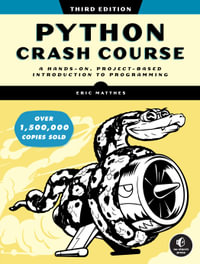
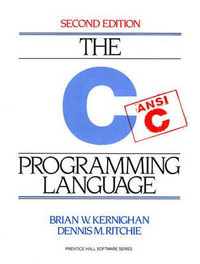



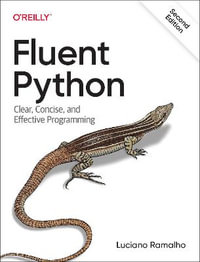

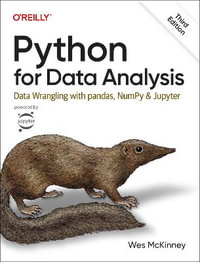


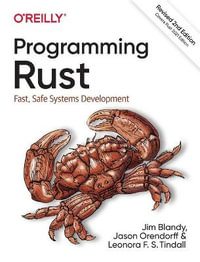


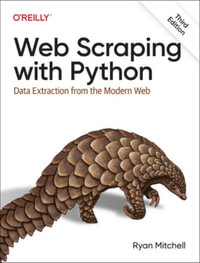

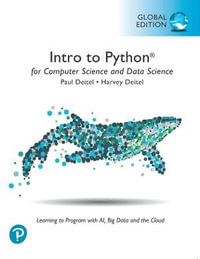

![Introduction to Java Programming and Data Structures, Comprehensive Version [Global Edition] : 12th Edition - Y. Liang](https://www.booktopia.com.au/covers/200/9781292402079/3378/introduction-to-java-programming-and-data-structures-comprehensive-version-global-edition-.jpg)

